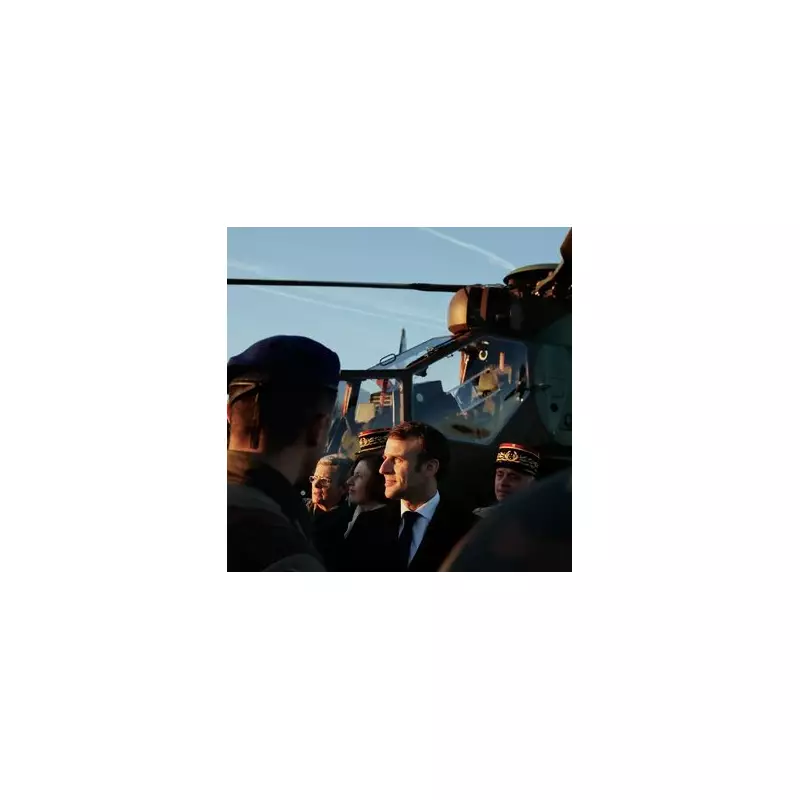
In a significant shift in national defence policy, French President Emmanuel Macron has announced the reintroduction of a form of military service, decades after conscription was abolished, pointing to growing security concerns in Europe.
A Response to 'Accelerating Threats'
Speaking to military personnel in Varces-Allières-et-Risset in the French Alps, President Macron issued a stark warning about the "accelerating threats" posed by Vladimir Putin's Russia. He declared that France "cannot remain idle" and that the only effective way to counter the danger is to be prepared. "The only way to avoid danger is to prepare for it," he told troops, calling for a national "mobilisation" to defend the country.
Details of the New Volunteer Programme
The new initiative is a volunteer programme aimed primarily at 18 and 19-year-olds, although a minority with special qualifications in fields like medicine or engineering can sign up until the age of 25. Participants will commit to a 10-month service period. In return, they will receive room, board, and a monthly army salary of €800 (approximately £700). The scheme also includes a 75 percent travel discount, and the government has confirmed that volunteers will be deployed "only on national soil".
Mr Macron highlighted a "thirst for engagement" among the younger generation, stating they are "ready to stand up" for France. The programme is scheduled to launch in mid-2026 and will initially seek to recruit up to 3,000 people. However, the government has ambitious plans to expand it, potentially reaching 50,000 volunteers within a decade.
A Third Pillar for French Defence
This volunteer service is designed to become a third pillar of the French military, which currently relies on approximately 200,000 active service personnel and 47,000 reservists. France previously required its citizens to undergo compulsory military service until the policy was discontinued in 2001.
The move aligns France with other European nations bolstering their defence capabilities in response to the heightened threat from Russia. Belgium and the Netherlands have recently introduced their own voluntary services. Meanwhile, countries like Lithuania, Latvia, Sweden, Greece, and Finland maintain various forms of compulsory or merit-based military service programmes, reflecting a broader trend of European rearmament.





